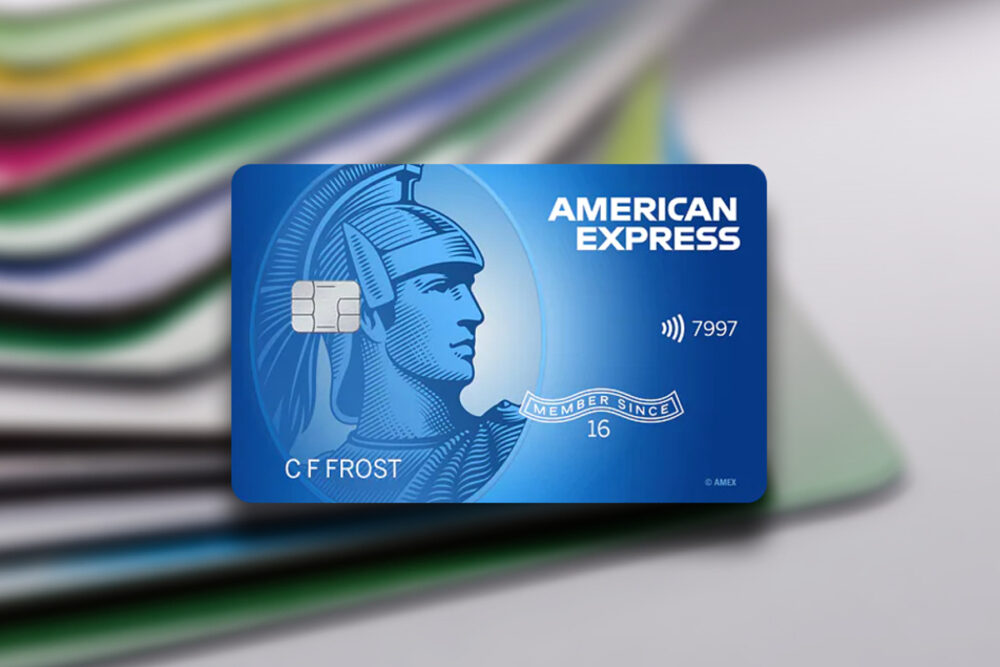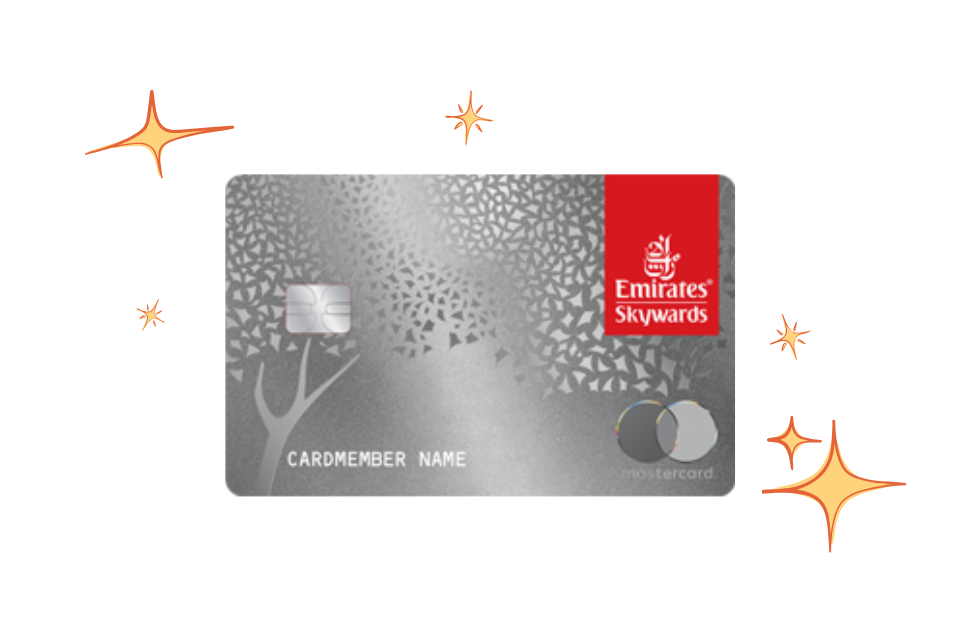The Pros and Cons of Using Credit Cards for Building Personal Credit

Understanding Credit Cards: Benefits and Drawbacks
Credit cards hold a crucial position in the personal finance landscape of the United States, offering tools for consumers to manage their spending and financial responsibilities effectively. With the right strategies, individuals can significantly enhance their credit profiles over time. However, it’s essential to weigh both the advantages and disadvantages associated with credit card usage to navigate these financial tools judiciously.
Advantages of Credit Card Use
One primary benefit of using credit cards is the opportunity to build credit history. By making regular purchases and paying the balance on time, consumers can develop a robust credit history, which is vital when applying for loans or mortgages. For example, a history of timely payments demonstrates reliability to potential lenders.
Moreover, improving credit scores is another significant advantage. Credit scoring models consider credit utilization, which is the ratio of credit card balances to credit limits. Maintaining a utilization rate below 30% can positively impact credit scores. Therefore, responsible card use not only helps in maintaining a healthy score but also enhances a person’s chances of obtaining favorable interest rates on loans.
Additionally, many credit cards come equipped with rewards and benefits, which can translate into savings or experiences. For instance, certain cards offer cash back on purchases or points that can be redeemed for travel expenses, merchandise, or gift cards. Such benefits not only incentivize spending but also provide an avenue for accumulating rewards that can enhance financial well-being.
Drawbacks of Credit Card Use
Conversely, potential cardholders must also acknowledge the drawbacks associated with credit cards. A significant concern is the issue of high-interest rates. If balances are carried from month to month, interest can accumulate rapidly, leading to unexpected financial strain. For example, if a consumer carries a $5,000 balance on a card with a 20% APR, they may end up paying hundreds of dollars in interest over time.
Relatedly, there is a risk of debt accumulation. If not managed carefully, the convenience of credit cards can lead consumers to overspend, resulting in debt that can be difficult to repay. The impulsive nature of credit spending, especially in a consumer-driven economy, can lead to financial instability if individuals do not adhere to strict budgeting practices.
Lastly, there is the impact on credit utilization, which affects credit scores. Maxing out credit cards or maintaining high balances can be detrimental to an individual’s credit profile. This is another reason why it is crucial to manage credit card utilization carefully and consistently monitor one’s credit score.
In conclusion, understanding the nuances of credit card use is integral to effective financial management. By balancing the opportunities for building credit and leveraging rewards with the potential pitfalls of debt and high-interest rates, individuals can strategize their credit card usage to foster positive long-term financial health. Engaging with credit cards wisely can pave the way for a stable and secure financial future.
DISCOVER MORE: Click here to find the perfect credit card for your needs
Evaluating the Credit Card Landscape
When considering the utilization of credit cards to build personal credit, it is essential to delve deeper into the benefits and potential challenges posed by this financial instrument.
Maximizing Credit Card Advantages
Effective credit card usage can yield numerous benefits that facilitate the building of a strong credit profile. To maximize these advantages, individuals should consider the following strategies:
- Timely Payments: Ensuring that credit card payments are made by the due date is paramount. According to credit scoring models, payment history accounts for approximately 35% of an individual’s credit score. Regularly meeting payment deadlines not only enhances creditworthiness but also is a critical factor that lenders assess.
- Managing Credit Utilization: Keeping credit utilization below 30% of the total available credit can significantly improve credit scores. For instance, if a credit card has a limit of $10,000, maintaining a balance of $3,000 or less demonstrates responsible financial behavior.
- Credit Mix: Diversifying credit accounts, which may include a combination of credit cards and installment loans, can positively affect credit scores. This diversified approach signals to creditors that one can manage different forms of debt responsibly.
Moreover, credit cards can serve as an effective budgeting tool. By allowing users to track expenses in real-time, they can obtain a clearer picture of their spending habits, making it easier to adhere to a budget. Additionally, many credit card providers offer mobile applications that enable consumers to monitor spending, categorize transactions, and receive alerts for upcoming payments.
Identifying Potential Pitfalls
While the benefits of using credit cards for building personal credit are significant, it is equally important to acknowledge the potential pitfalls that can arise from imprudent usage. Awareness of these issues can help consumers make informed decisions:
- Overspending Risks: The ease of access to credit can lead individuals to overspend, resulting in balances that may be difficult to manage. The psychological impact of using credit cards can create a disconnect between spending and actual financial resources, leading to accumulation of debt.
- Fees and Charges: Some credit cards come with annual fees, late payment charges, and foreign transaction fees. These additional costs can diminish the perceived benefits of having a credit card, particularly for those who may not use the card frequently.
- Impact on Credit Profile: Failing to monitor credit card balances and maintaining high utilization rates can have adverse effects on an individual’s credit profile. Regularly reaching or exceeding credit limits can result in lower credit scores, which can hinder opportunities for obtaining other forms of credit.
In summary, utilizing credit cards to build personal credit can be a double-edged sword. While leveraging their benefits effectively can lead to a robust credit profile, careful attention must be paid to spending habits and account management practices to avoid the pitfalls associated with credit card debt. With the right approach, credit cards can be valuable tools for enhancing one’s financial standing.
DISCOVER MORE: Click here for the full guide
Understanding Credit Card Variability
Credit cards come in varied forms, each with distinct features that can either enhance or hinder personal credit building efforts. Understanding these differences is crucial for choosing the right card for credit health.
Types of Credit Cards and Their Implications
When exploring credit card options, individuals should consider several types of credit cards that could align with their financial goals:
- Secured Credit Cards: Designed for individuals with limited credit history or lower credit scores, secured credit cards require a cash deposit, which serves as the credit limit. These cards are excellent for building credit as they usually report to the major credit bureaus. Adhering to strict payment practices while using a secured card can lead to improved credit scores over time.
- Unsecured Credit Cards: These are the most common type of credit cards, usually granted based on creditworthiness without the need for a deposit. Responsible usage—paying bills promptly and maintaining low balances—can enhance credit scores. However, if differences in interest rates exist, they can also lead to unmanageable debt if not monitored closely.
- Rewards Credit Cards: While these cards offer benefits such as cash back or travel points, individuals should be cautious. Users must ensure that they do not overspend just to earn rewards, as the interest accrued on unpaid balances could outweigh the value of the rewards earned.
The diversity in credit card offerings means that understanding their features is essential in selecting a card that aligns with personal financial objectives.
The Role of Credit Card Issuers
Another aspect to consider is the influence of credit card issuers on building personal credit. Different issuers have varying policies regarding reporting and account management, which can affect how payment history and utilization rate are reflected in credit scores:
- Reporting Frequency: Not all credit card issuers report to all three major credit bureaus (Experian, TransUnion, and Equifax). Users should verify how their chosen card issuer reports to ensure all responsible financial behaviors are documented for maximum positive impact on their credit scores.
- Credit Limit Increases: Some issuers offer automatic credit limit increases for responsible users. This can benefit credit scores by decreasing overall credit utilization rates. However, users need to maintain responsible spending practices to ensure that increases do not lead to increased debt levels.
Additionally, understanding how different issuers handle account management, such as grace periods for payments or promotional interest rates, can play a significant role in credit health. Choosing a card with favorable terms can help mitigate the risk of incurring unnecessary debt and encourage timely payments.
Financial Literacy and Responsible Credit Card Use
Ultimately, financial literacy is a critical component in determining the effectiveness of credit cards in building personal credit. Understanding the terms and conditions related to credit cards, including interest rates and fees, equips individuals with the knowledge to make informed choices:
- Educating Oneself: Accessing resources that offer insights into interest calculations, credit scores, and overall financial well-being can empower users to manage credit cards effectively.
- Seeking Professional Advice: Engaging with financial advisors or utilizing reputable online resources can provide personalized strategies for leveraging credit cards to build credit while maintaining financial health.
A proactive approach to financial education not only helps individuals navigate the complexities of credit cards but also equips them to utilize these tools to their advantage, ensuring they contribute positively to personal credit profiles. By weighing the advantages and challenges against individual financial situations, individuals can make prudent decisions that promote healthy credit building through credit card usage.
DISCOVER MORE: Click here for the application details
Conclusion
In summary, using credit cards to build personal credit presents both notable advantages and significant risks. The fundamental benefit stems from the ability of credit cards to establish a payment history, which is a critical factor in determining credit scores. Consistent on-time payments can help individuals improve their creditworthiness over time, especially when using suitable options such as secured or unsecured credit cards that align with their financial goals. Moreover, responsible credit utilization can enhance overall credit profiles, opening doors to better financial opportunities and products in the future.
However, it is equally important to remain vigilant about the potential pitfalls associated with credit card usage. Overspending, unmonitored interest rates, and the temptation of rewards programs can lead to escalating debt levels, ultimately harming credit scores. Therefore, understanding the specific features of different credit cards and the terms set by various issuers is crucial in minimizing risks.
A proactive commitment to financial literacy can significantly aid individuals in navigating these challenges. By educating themselves and potentially consulting financial advisors, users can leverage credit cards effectively while maintaining a healthy financial standing. In conclusion, when utilized with a clear understanding of the principles of responsible spending and repayment, credit cards can serve as a valuable tool for building personal credit, driving individuals towards improved fiscal health and greater financial stability.


